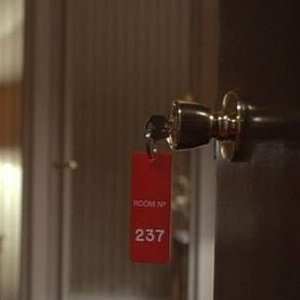Like the characters within, Midnight’s Children is both blessed and cursed. The former are afflicted by their circumstantial births at the stroke of midnight on August 14, 1947, a moment that signifies India’s independence from Britain as well as the separation into two countries, India and Pakistan. The strife here is enough, but within the film, the issue itself often feels more like a vehicle to inorganically inject symbolism. While much of the film focuses on the lives of two young boys who are switched at birth, placing an affluent born into a life of penury and one initially destined for poverty into a life of comfort, the fantastical element of the midnight birth becomes less and less important as the film goes on, and the viewer realizes that both boys and the conflicts with their parents and the elder generation would have existed regardless, whether they were born at midnight, six weeks later, or two years prior.








